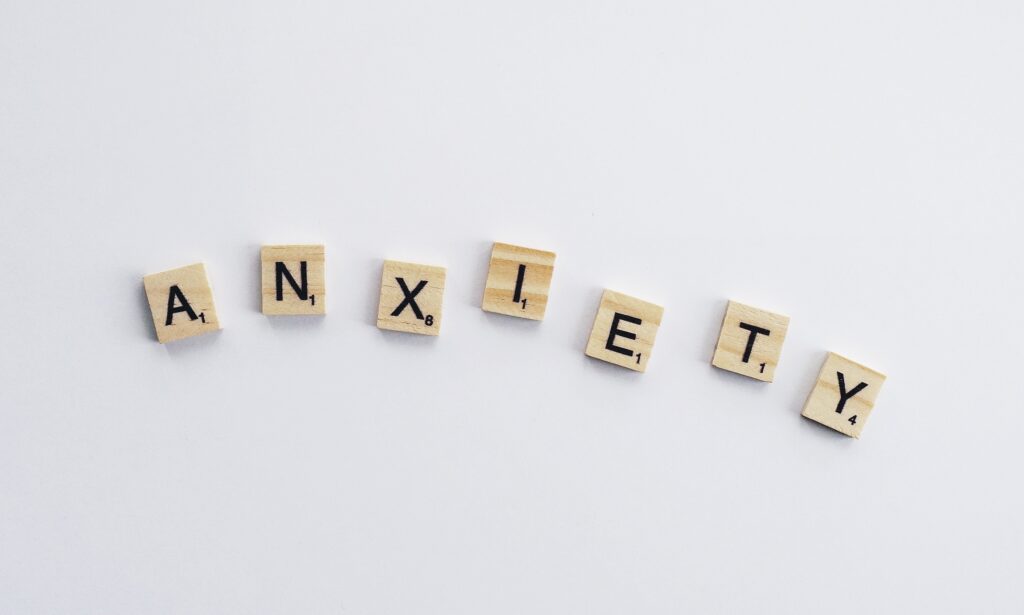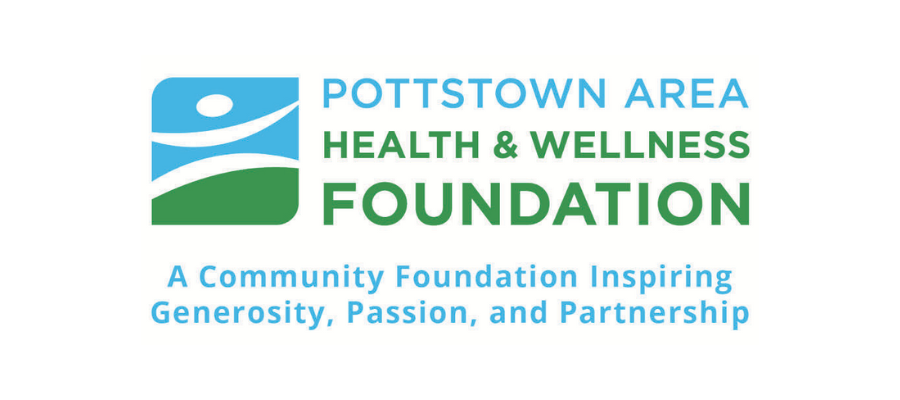Nurturing Resilience and Coping with Anxiety
Lately, we don’t often hear that empowering phrase, “You’ve got this.” The pandemic has replaced it with “Stay safe!” and “Be well,” and, now, “Double mask.” We are all trying to manage our days amidst COVID-19 worries. That’s true for children as well as adults.
But for every challenge there’s a way to overcome, and the Pottstown area is filled with caring people who are equipped to help. Pottsgrove School District maintains a Counseling Connections guide that provides information that can help children and adults across the region cope.
Everyone experiences painful times—some lengthy and severe—so it’s important for parents, caregivers, teachers, and other adults to understand how to transform trauma into positive growth. Pottstown Trauma Informed Community Connection provides resources for healing and building resilience. During childhood, the brain is most proficient at learning new tasks, so it’s an ideal time to develop this fundamental life skill.
Although challenges are inevitable for everyone, the ability to accept hardships and remain steadfast towards our goals is not universal. Understanding the nature of Adverse Childhood Experiences can help us guide young people to cultivating resilience, using techniques that promote thriving through life’s highs and lows and learning how to build healthy relationships with those around them.

Be an Example
Use adversity, such as circumstances resulting from the pandemic, as a chance to grow and increase your own tolerance for stress. For parents, there’ve been plenty of opportunities! Strengthen your resilience through positivity (even if forced) and perspective. Ask for support when needed. More than ever, it’s important to hear and believe, “You got this.” Make it so.
Demonstrate adaptive skills and healthy coping strategies. Practice stress-relieving techniques to help you respond more calmly to anxiety and uncertainty. (Think: quality sleep, exercise, and healthful eating.) Let kids see that everyone struggles but, with resilience, we can persevere.
Let’s Do This! (Resilience Version)
Do: Listen to your children’s worries and fears. They may seem simple, even unrealistic, to you. However, minimizing their feelings, or rushing in with a quick fix, does not build the confidence needed to manage negative emotions and navigate life.
Don’t: Discredit their feelings. Often, kids are told, “Don’t be scared/afraid/nervous.” Obviously, they already are. They need someone to listen, validate their concerns, and possibly offer useful feedback. Instead try, “I understand why you are scared. What will help you feel better?”
Do: Help them create their own solutions. Encourage them to brainstorm ways to overcome challenges. Offer options and guide them toward smart decisions. Build their self-trust at a young age so it’s established for the bigger stuff that comes later in life.
Don’t: Solve all their problems. Resist the urge to swoop in with a solution. If a certain decision is required, work with them to create steps toward that outcome.
Do: Let kids make mistakes. To willingly let a child get hurt and fail, especially when a little intervention could prevent it, seems counterintuitive. However, it is only through experience—and making wrong decisions—that we learn. Allow kids this learning opportunity to develop intellectual maturity while still under your care and in the security of home.
Don’t: Fix their mistakes. They’ve made them. Teach them to gain the insight and knowledge these blunders provide—with a healthy dose self-compassion. Talk about what happened and guide them toward better options for next time. Then, move forward to signal mistakes are for learning from not dwelling upon.
